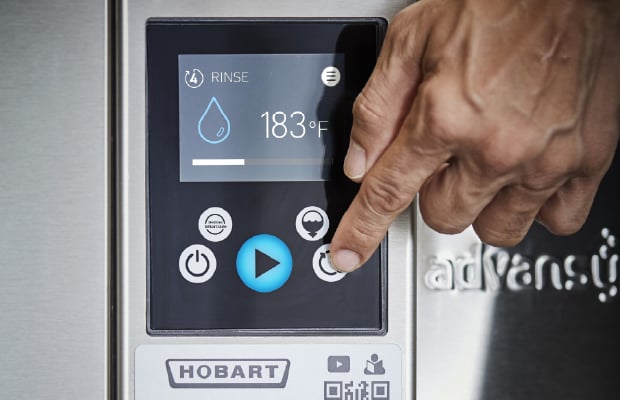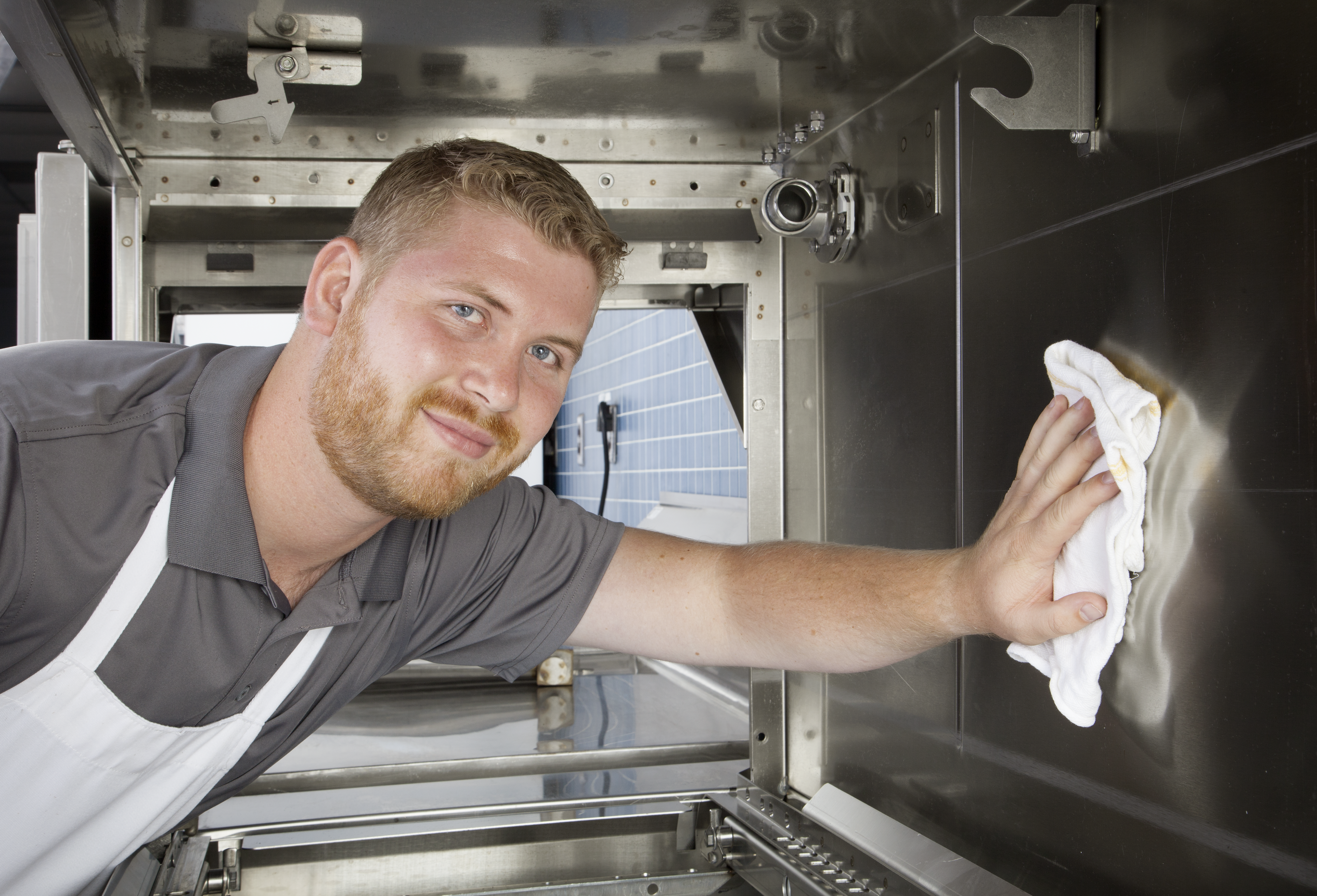Automated Dish Washing Saves Water & Energy
Sustainability is a popular concept in foodservice, especially now that consumers seem to be more aware of how food and drink packaging affects the environment. Specifically, the paper and plastic waste produced by retail outlets is often targeted by customers as well as environmental groups. One reason is because a large amount of plastic is ending up in our oceans, damaging ecosystems and hurting wildlife.
In fact, according to a recent NBC news report, some research suggests that by the year 2050 there will be more plastic than fish in Earth’s oceans. And, customers and advocacy groups are demanding that foodservice companies step up and try to reduce the use of plastic disposable ware.
McDonald’s and Starbucks are two businesses catching on to consumers’ sustainability concerns. Both have tested initiatives that seek to eliminate single use products like plastic straws and paper cups. For example, Starbucks allows customers to use their own reusable coffee cups at their stores. And, some Starbucks stores even offer financial incentives or discounts to customers that show up with their own reusable cups.
As for straws, Starbucks recently tested the use of paper straws at some stores in the UK. While paper straws don’t solve the single use/throw away problem, the paper is less harmful than plastic.
McDonald’s has also considered replacing plastic straws with paper options. In addition, the fast food giant is working to change their current polystyrene drink cups over to a more sustainable option. Again, while this effort still employs a single use item, the improved cup is more environmentally friendly and can be recycled.
While these efforts are a great step forward, it’s worth considering what comes next in foodservice sustainability initiatives. For example, restaurants such as Subway, Chick Fil A and other sit-down quick-serve stores see even more room to move toward reusable ware. Many of these types of restaurants use reusable trays and have already worked out how to wash and sanitize them, either by using a manual sink system or a more water and energy efficient automatic dishwasher.
So, it makes sense that more reusable ware may pop up in the coming years to serve environmentally conscious consumers. It’s possible that more reusable cups and plates may come into play at all types of foodservice operations, especially ones where washing trays and prep ware are already part of the routine.
Speaking of the back-of-the-house routine, the bottom line still matters at any business and is another reason to explore various sustainability practices. In addition to shifting from disposable to reusable ware, changing from a manual to automated dish washing process can save a significant amount of water and energy while putting fewer chemicals down the drain. Foodservice operation managers also recognize many sustainability efforts provide significant cost savings.
It’s worth exploring how continually buying disposable ware compares to purchasing reusable items instead. Producing less waste can save money from the start and investing in energy efficient commercial dishwashers can provide long term cost savings.
Successful sustainability initiatives usually work best when company stakeholders are invested in the idea. There’s little doubt that consumers are more aware than ever when it comes to single use waste items in foodservice and it makes sense to use their concern as a jump start to developing economically and environmentally friendly business practices.
Contact Hobart today for more information about Hobart’s commercial dishwashing solutions.





.png)


%20proc%20%20(1).jpg)


